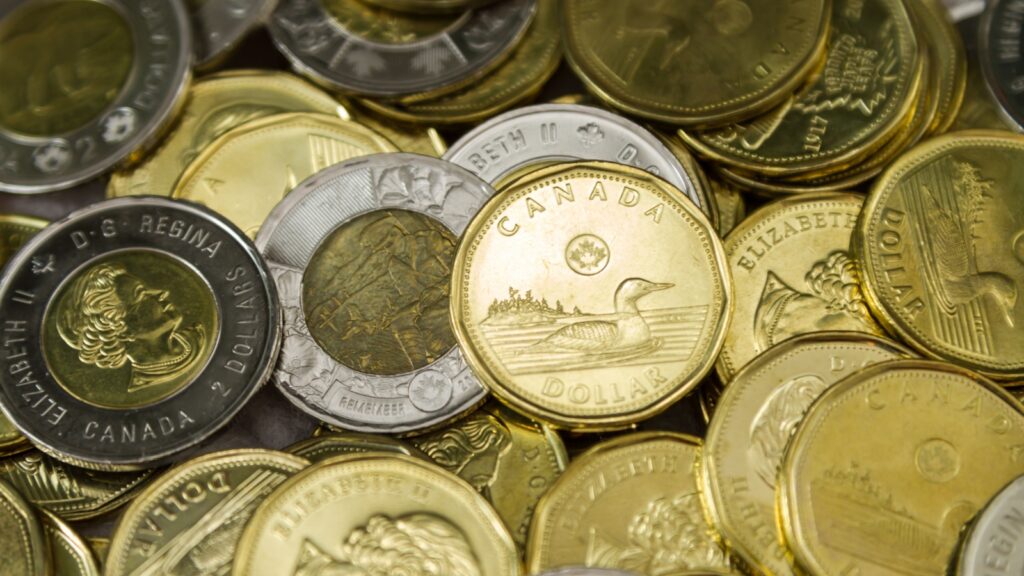Canada’s reputation for politeness and peacekeeping doesn’t quite prepare most Americans for some of its more eccentric laws. While many are rooted in history or regional quirks, others just seem hilariously specific, like something only a very polite society could come up with. From bans on fake witchcraft to limits on how loud your pet bird can be, the Great White North takes “order” seriously. Here are 22 Canadian laws that Americans find totally bizarre.
No Comic Books About Crime
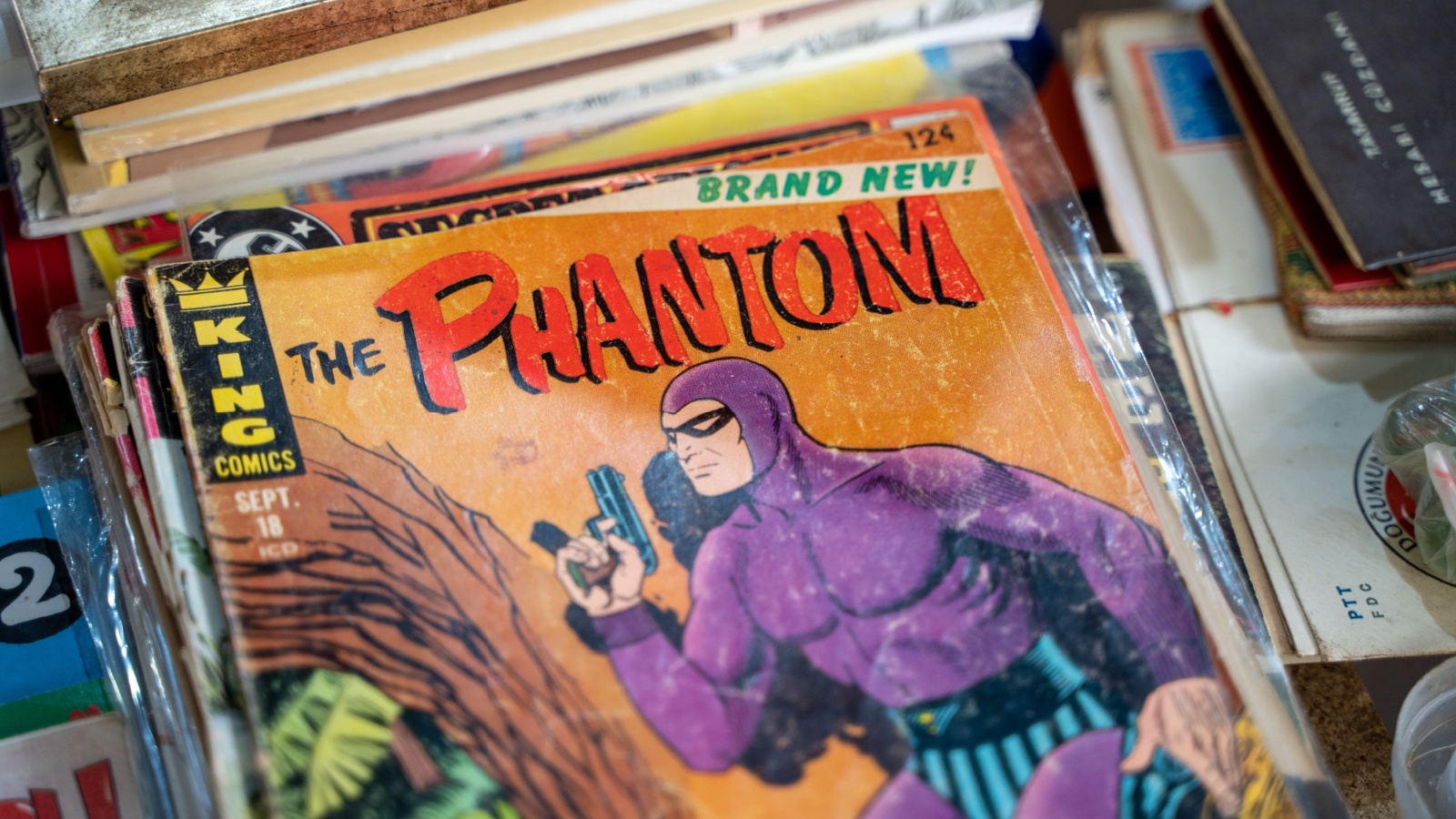
In the 1940s, Canada banned the publication of comic books depicting crime, fearing they would corrupt young readers. The Criminal Code made it illegal to publish or sell books that “depict real or fictitious criminal acts.” While the law aimed to protect morality, it ended up stifling creativity. Even harmless detective stories could technically fall under suspicion. Though largely ignored today, the rule remains on the books, making Canada one of the few countries where Batman might have once needed a legal permit to brood. Americans, used to freedom of expression, find this law especially odd.
Paying with Too Many Coins Is Illegal
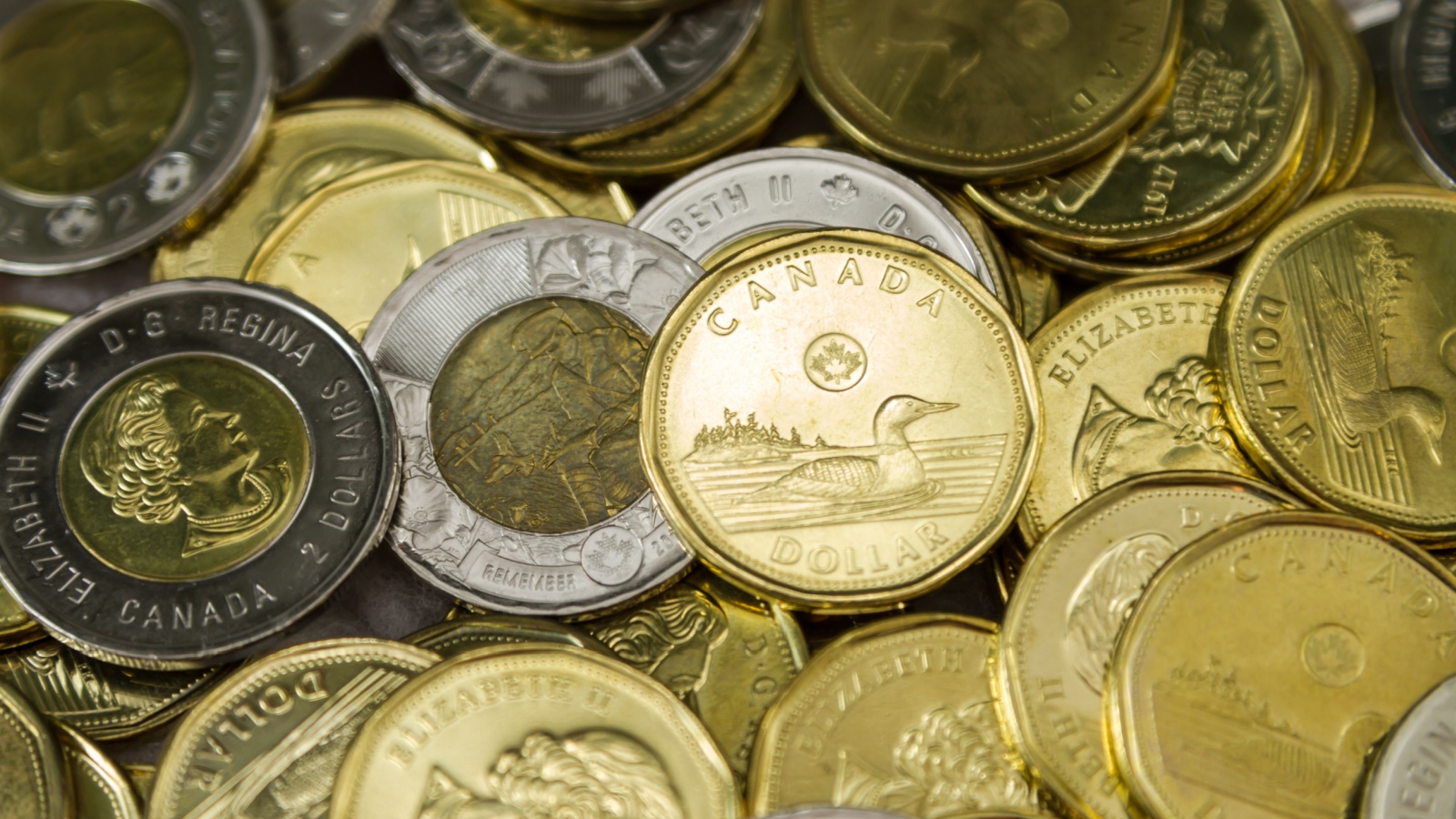
Under the Currency Act, you can’t pay for large purchases entirely with coins. There’s a limit: only $25 in loonies, $10 in toonies, and $5 in smaller denominations. The rule was designed to keep cashiers sane and prevent people from dumping jars of change at the counter. In practice, businesses rarely call the cops on coin-heavy customers, but technically, they can refuse your mountain of nickels. Americans, who love using coins to pay for coffee or parking, often find it surprising that paying in full change could make you an accidental outlaw in Canada.
It’s Illegal to Scare the Queen
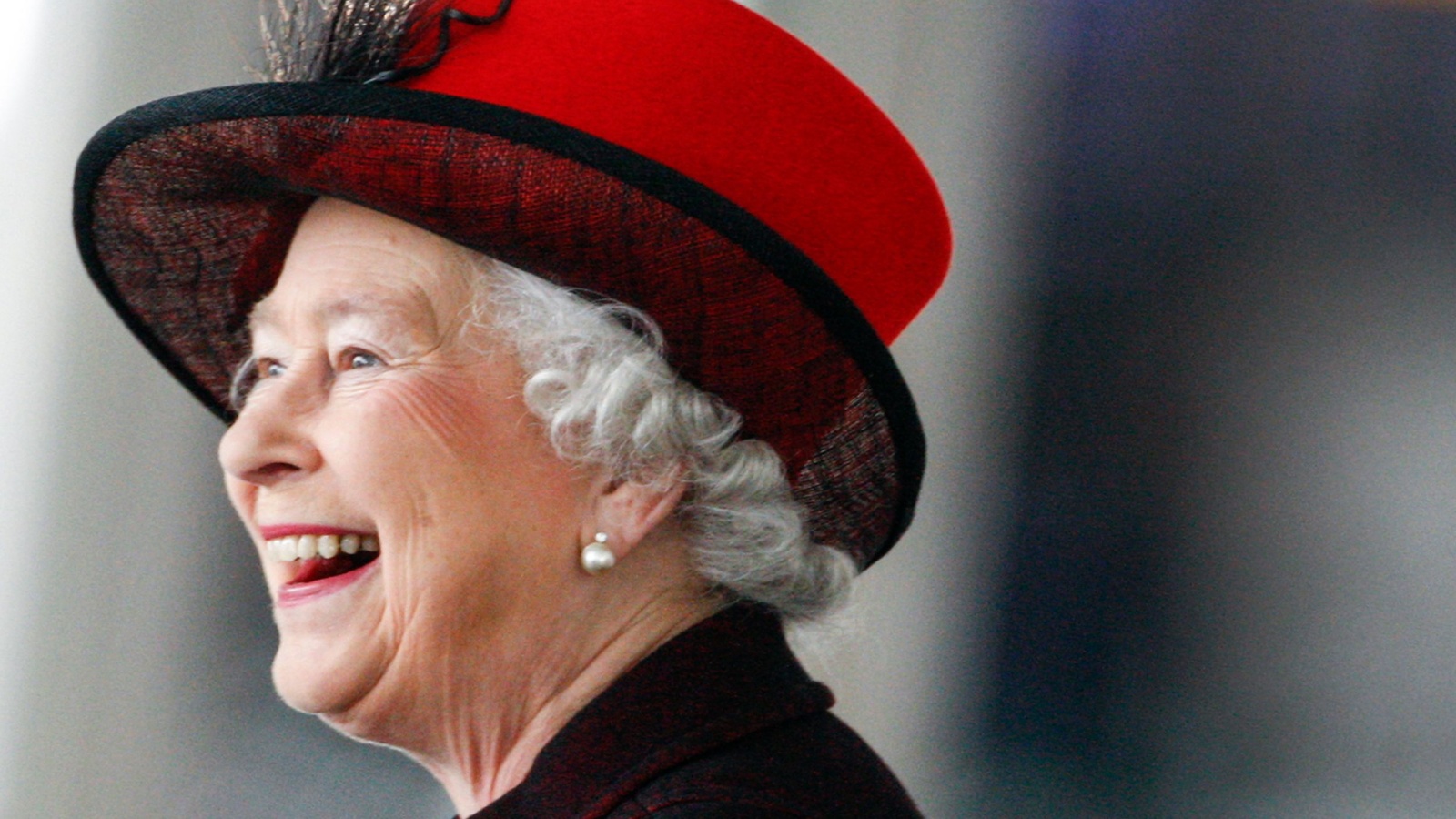
Yes, the law actually says that. Section 49 of the Criminal Code makes it illegal to “alarm Her Majesty.” The statute dates back to a time when Canada was more closely tied to the British Crown, ensuring that royal visits remained peaceful. It’s not often enforced, mainly because scaring the Queen (or now the King) isn’t easy from across the Atlantic, but technically, even shouting “Boo!” at a royal parade could land you in legal trouble. Americans, who famously revolted against monarchy, find this law both amusing and delightfully old-fashioned.
Keep Your Pet Parrot Quiet in Oak Bay

In the small British Columbia town of Oak Bay, it’s illegal to let your parrot “scream, squawk, or whistle excessively.” The bylaw exists to keep neighborhoods peaceful, particularly for early risers who prefer birds outside to be quiet. Repeat offenders can face fines, meaning local parrot owners have to play referee when Polly gets chatty. The rule falls under “nuisance noise” regulations, but its specificity toward parrots makes it a standout. Americans used to backyard roosters and barking dogs find this one unusually polite, only in Canada would loud parrots get legal attention.
Witchcraft Is Technically Illegal
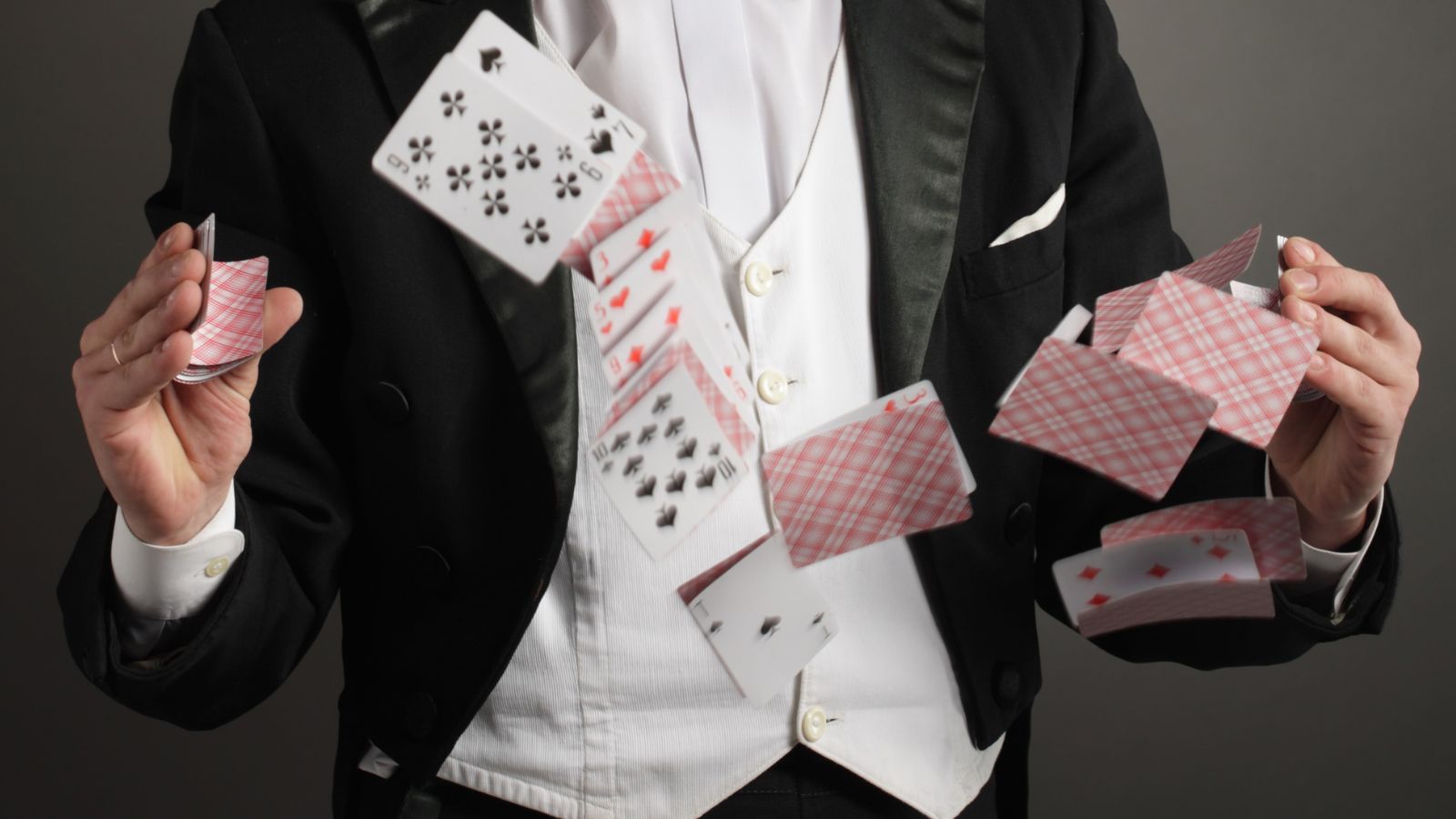
Until 2018, practicing witchcraft for “fraudulent purposes” was banned under Section 365 of the Criminal Code. The rule wasn’t about real witches but about con artists pretending to have supernatural powers to deceive people. Still, the language made headlines because it criminalized “pretending to practice witchcraft.” It was finally repealed as part of a modernization effort. Before that, fortune tellers risked fines or jail if their tarot readings were deemed deceptive. Americans, more accustomed to psychic hotlines and Halloween séances, found this bit of Canadian law both spooky and strangely practical.
No Ice Cream on Sundays in Petrolia, Ontario

The small town of Petrolia once banned “yelling, whistling, and singing” on Sundays, and at one point, even restricted street vending of ice cream. The idea was to preserve the Sabbath as a day of rest and quiet. While largely symbolic now, the rule reflected the conservative moral values of early Canadian settlements. These laws weren’t unique to Canada, but the persistence of such bylaws in modern times surprises visitors. Americans, who associate Sundays with barbecues and ice cream trucks, find the thought of a “silent Sunday” rather joyless, and a little too chilly.
You Can’t Climb Trees in Oshawa
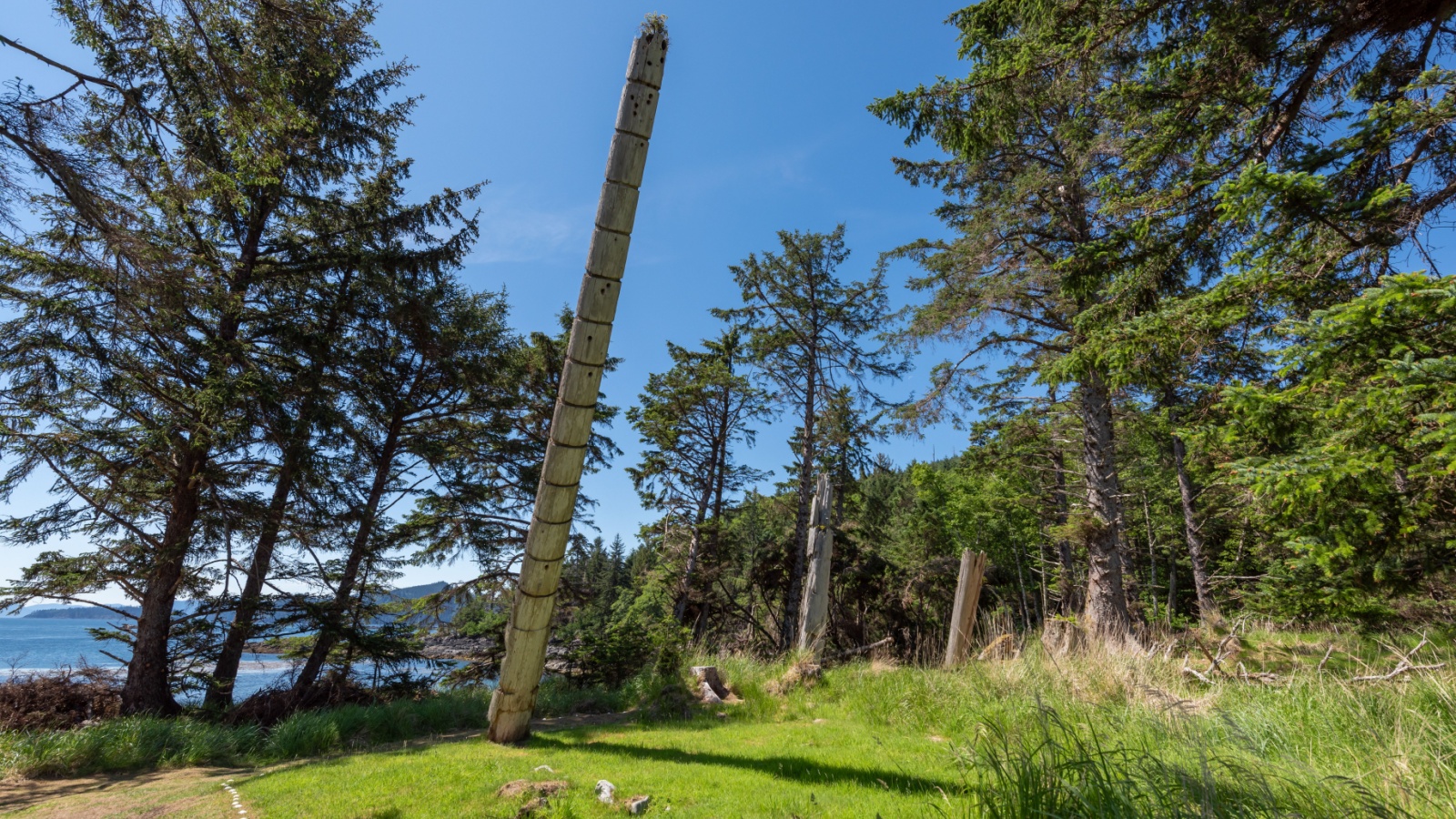
Oshawa, Ontario, has a bylaw forbidding people from climbing trees in public parks. Originally meant to protect trees from damage and prevent injuries, the law is still technically enforceable. While it’s unlikely a child would be arrested for climbing, an adult might get fined. The idea is to preserve green spaces, but it’s still one of the more peculiar park regulations. Americans, who grew up with treehouses and jungle gyms, often laugh at the thought of being “ticketed for climbing.” In Oshawa, even getting a better view of fall foliage can be a legal issue.
Illegal to Attach Sirens to Your Bike
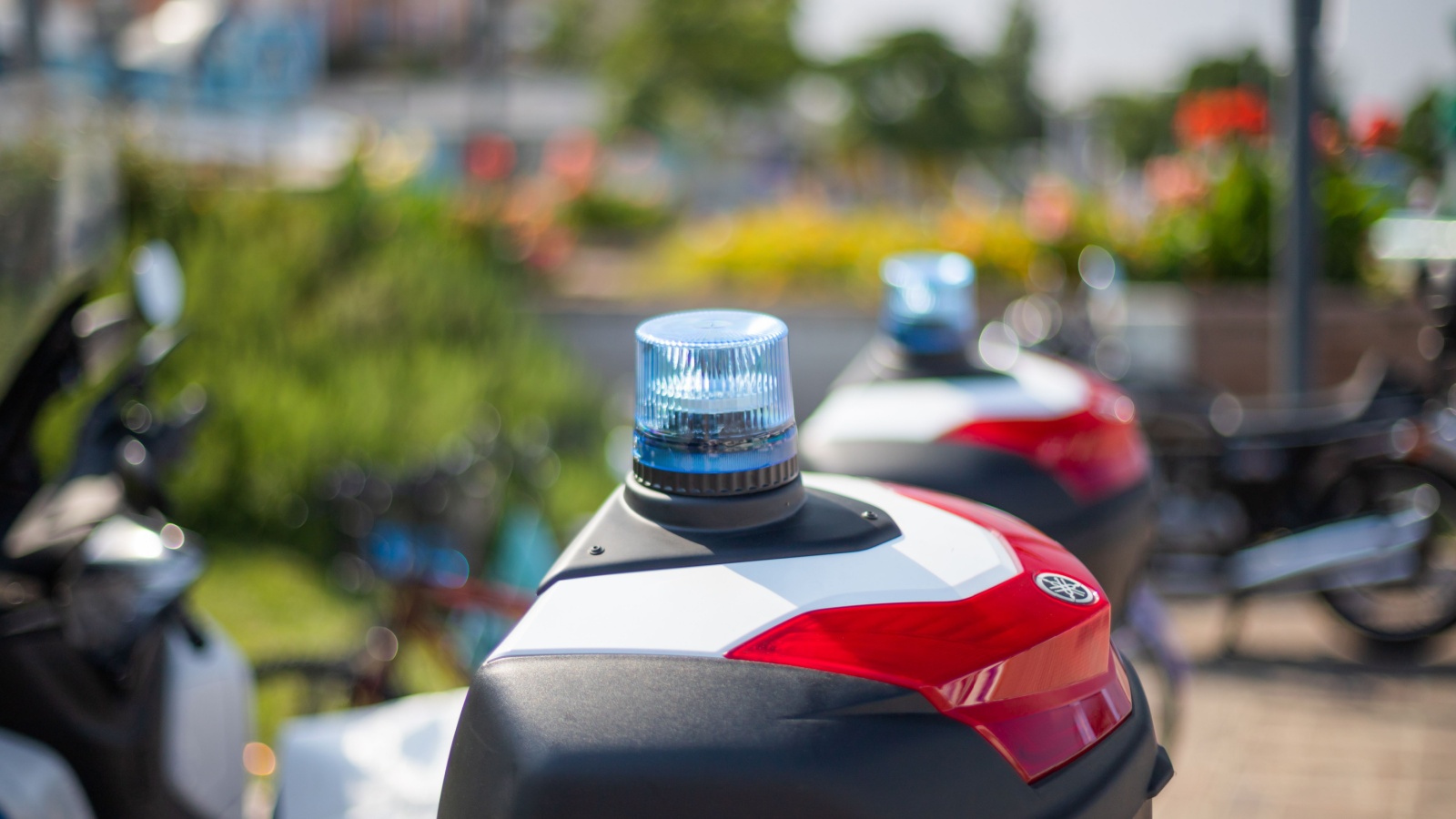
Across Canada, it’s against the law to attach a siren or bell that sounds like one used by emergency vehicles to your bicycle. The Highway Traffic Act limits cyclists to regular bells or horns, and imitating police or ambulance sounds is strictly prohibited. This rule prevents confusion and potential accidents on the road. While it makes perfect sense, it feels overly formal for something as small as a bike accessory. Americans, who enjoy customizing everything from bikes to skateboards, might find the regulation surprisingly serious for something so harmless.
Banned: Excessive Snow Clearing
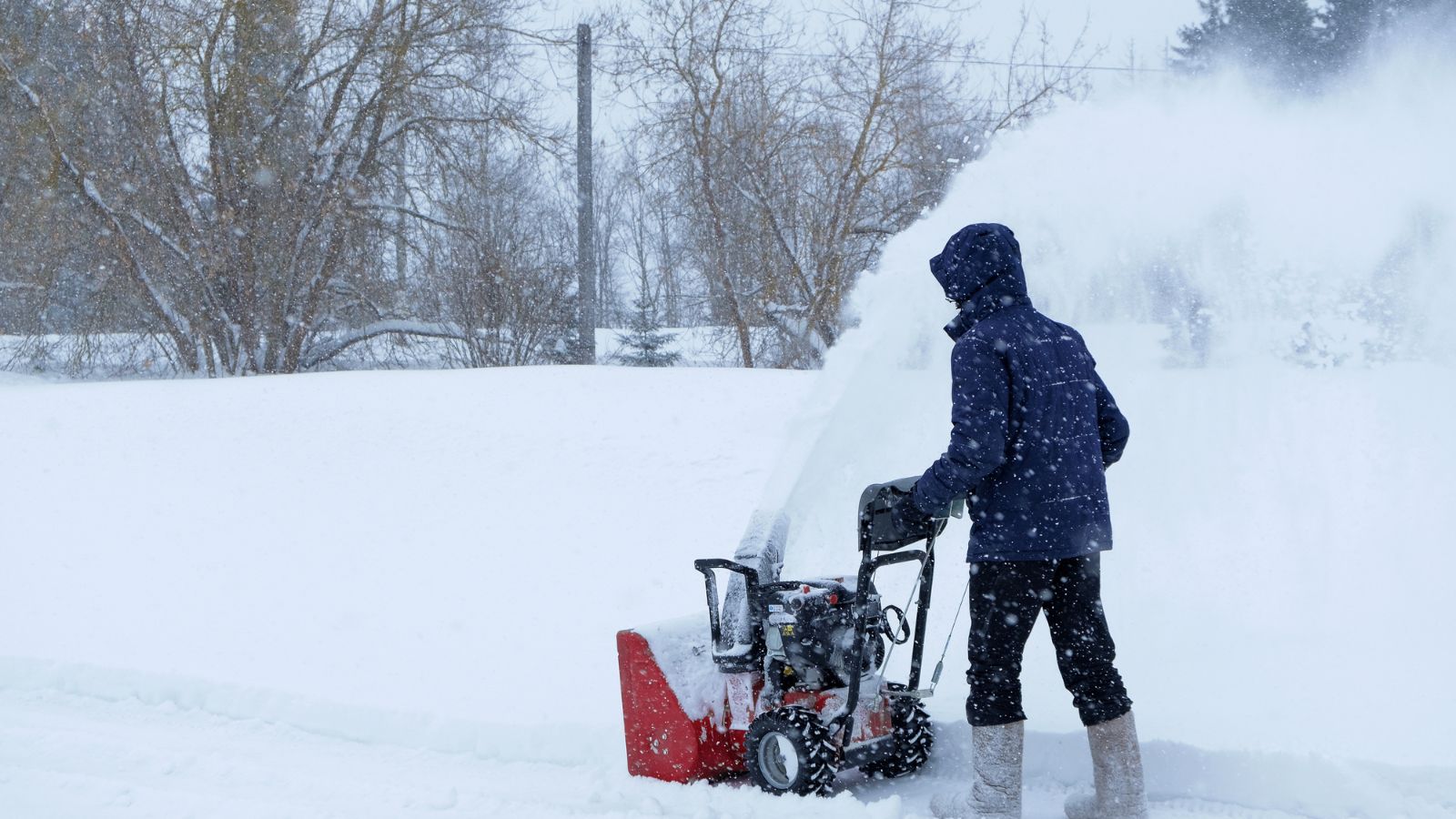
In certain provinces like Quebec, it’s illegal to push snow from your driveway onto public roads. The fine can reach several hundred dollars. The reasoning is practical, it prevents snowplows from being overburdened and keeps streets clear. Still, the rule feels odd to outsiders who assume snow removal is a free-for-all in a country known for winter. Americans from snowy states often chuckle at the idea of “snow law enforcement,” but Canadian municipalities take it seriously. Push the snow the wrong way, and you might end up paying more than your heating bill.
It’s Illegal to Paint Your Door Purple in Kanata

In Kanata, Ontario, certain homeowner associations once enforced a bylaw banning “non-traditional” door colors, including purple. The rule aimed to maintain visual uniformity in neighborhoods. While these regulations are often community-driven, violations could lead to warnings or fines. Though such bylaws are rarely enforced now, they reflect Canada’s love of order and aesthetics. Americans, used to expressing individuality through bright-colored houses and quirky mailboxes, find it overly restrictive. In Kanata, your door color could technically make you a rebel, with lavender paint as your weapon.
No Swearing in Public Parks (Toronto)
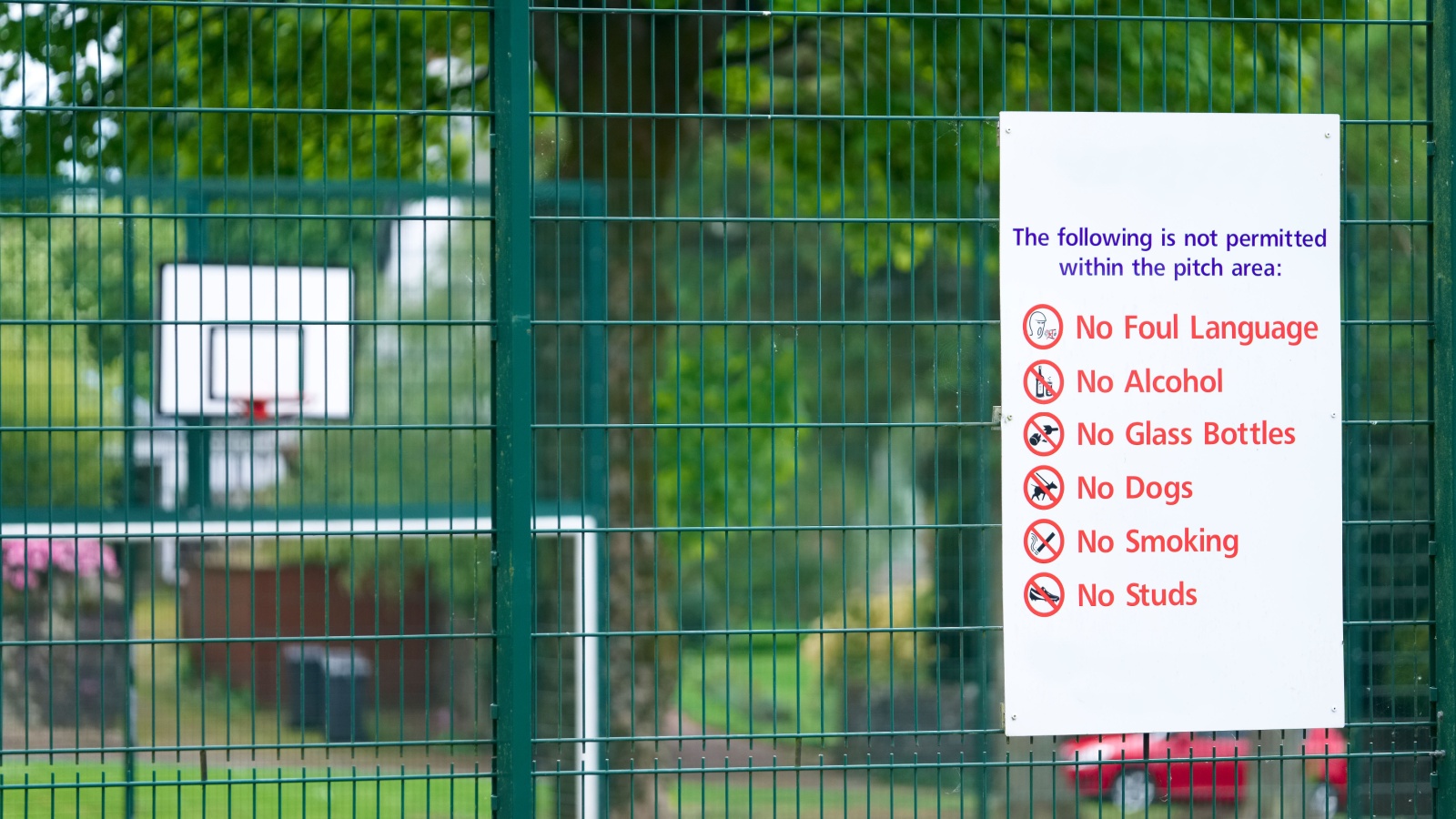
Toronto’s municipal code forbids “profane language” in public parks. It’s part of a broader rule to maintain public decorum, but it technically means that shouting an expletive after a missed Frisbee throw could earn you a fine. While rarely enforced, it reflects the city’s polite culture. The law applies to all parks and recreation areas, emphasizing respect for families and public order. Americans, accustomed to First Amendment protections, find the idea of “illegal cursing” almost unimaginable. In Toronto, though, you might want to keep your frustration PG-rated.
The Watering Law in Calgary
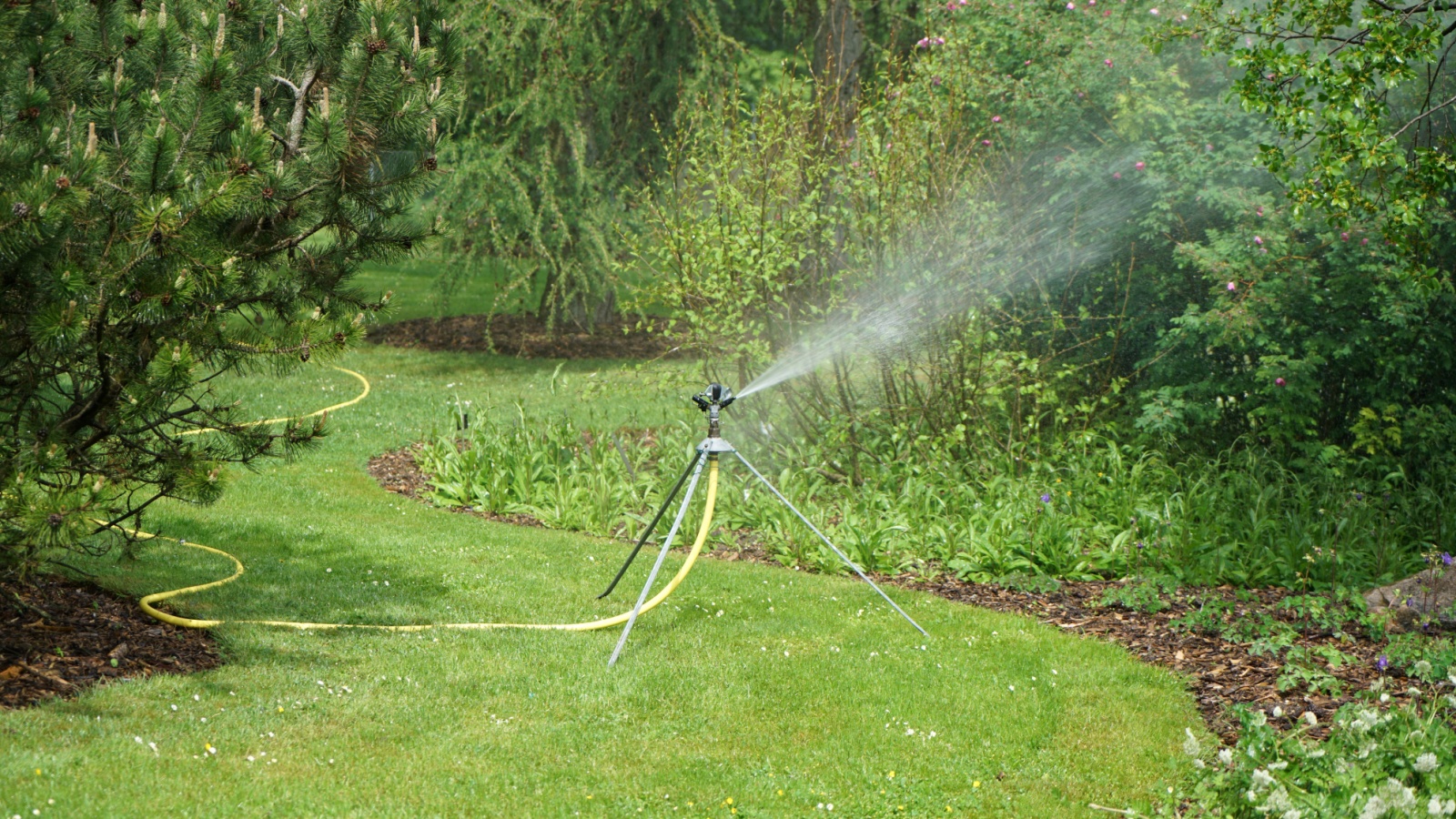
In Calgary, watering your lawn at the wrong time can be illegal. During droughts or water shortages, the city enforces strict schedules, certain addresses can only water on specific days. Violators can face fines up to $400. The policy helps conserve water, but often catches new residents off guard. Americans from wetter regions might find it strange that lawn maintenance could invite a municipal penalty. Still, in a country that values sustainability, Calgary’s water rules remind people that every drop counts, even if it means your grass goes a little brown.
It’s Illegal to Challenge Someone to a Duel

Section 71 of the Criminal Code still forbids dueling. Issuing, accepting, or participating in a challenge is illegal, even though the last known duel in Canada took place in 1833. The law remains a relic of the past, originally meant to discourage violence among gentlemen settling disputes “honorably.” Today, it’s more of a legal curiosity, but technically, two politicians jokingly agreeing to “pistols at dawn” could break federal law. Americans find this amusing, considering their history of frontier justice, where dueling was practically a sport for 19th-century egos.
You Can’t Drag a Dead Horse Down Yonge Street
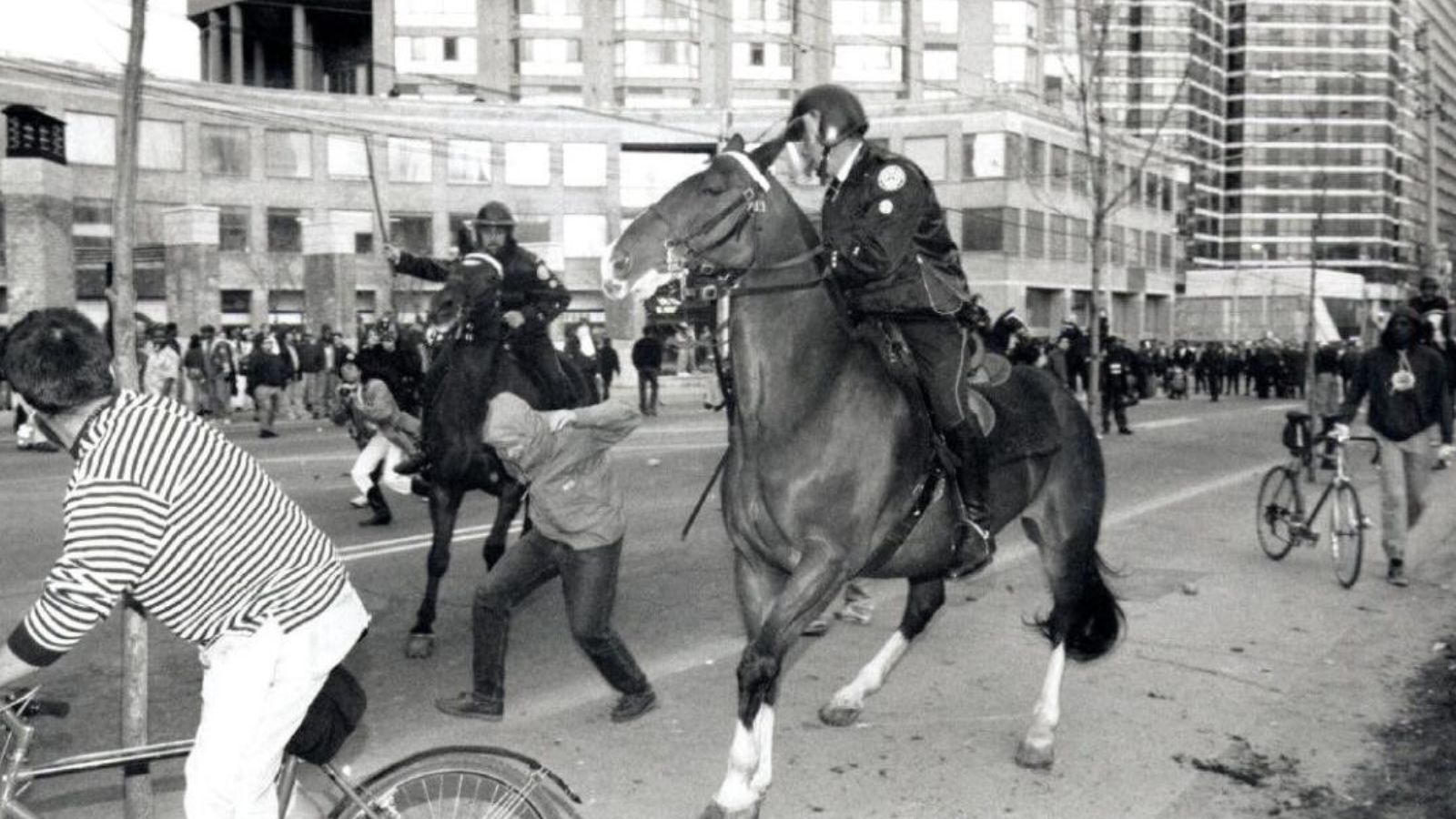
Toronto once had a bylaw forbidding the dragging of dead horses down Yonge Street. Back when horses powered most transport, the rule ensured public hygiene and traffic safety. Though long obsolete, it was technically still part of municipal law until cleanup regulations modernized. The image alone makes it sound absurd, but it reflects genuine urban planning from the horse-and-buggy era. Americans find it both ridiculous and oddly specific, proof that early city councils had to legislate for every possible scenario, no matter how unpleasant.
Taxi Drivers Must Wear Socks in Halifax

In Halifax, taxi drivers once faced strict dress codes, including a requirement to wear clean socks and collared shirts while on duty. The bylaw aimed to maintain a professional image for the industry, ensuring passengers’ comfort and safety. While the rule has relaxed in modern times, it’s still occasionally cited in older enforcement documents. Americans, who rarely see such sartorial mandates outside airlines, find the idea quaint. In Halifax, skipping socks wasn’t just a style choice, it could technically make you an unlicensed driver.
Keep Your Car Clean in Montreal

Montreal takes vehicle cleanliness seriously. It’s illegal to drive a car covered so much in dirt that the license plate isn’t visible. The law’s purpose is road safety, but enforcement can include hefty fines. While it seems logical, wintertime drivers often find it challenging to keep salt, slush, and grime off their vehicles. Americans used to snow-covered plates and mud-splattered bumpers might find Montreal’s cleanliness standards unexpectedly high. It’s one of those small but telling details about how seriously Canadians take both visibility and civic pride.
Prohibited: Pretending to Be a Ghost

Until 2018, it was technically illegal to “pretend to exercise witchcraft, sorcery, or enchantment.” In practice, this covered fake psychics, but some legal scholars noted it could include pretending to be a ghost for money. The law dates back to British legal traditions and remained in Canada’s Criminal Code until recently. While no one was ever jailed for dressing up in a sheet, it occasionally caught fraudulent mediums. Americans, with their love for haunted houses and ghost tours, find this particular restriction straight out of a comedy sketch.
No Whistling After 11 PM in Petrolia

Petrolia, Ontario, again earns a spot for banning “yelling, shouting, hooting, whistling or singing” after 11 PM. The law exists to maintain peace and quiet during nighttime hours. While most towns have noise ordinances, the specificity and formal language of Petrolia’s bylaw make it sound unusually stern. Residents joke about it, but technically, late-night karaoke sessions or loud laughter could invite fines. Americans, accustomed to neighborly tolerance (and leaf blowers at 7 AM), might find this bedtime civility both admirable and excessive.
No Excessive Dog Barking in St. John’s

In St. John’s, Newfoundland, dog owners can face fines if their pets bark “persistently or excessively.” The bylaw protects neighbors from sleepless nights caused by noisy dogs. While most cities have similar regulations, enforcement in smaller Canadian communities can be surprisingly proactive. Some cases even make it to court. Americans, especially those from rural areas, might see this as overregulation. But in St. John’s, maintaining community harmony takes priority, even if it means reminding Rover to use his inside voice.
No Repainting Old Coins

Under the Currency Act, it’s illegal to deface, melt, or repaint coins. That includes turning them into jewelry or art. While no one’s been jailed for crafting coin necklaces, the law technically makes it a crime to alter currency “with intent to render it unfit for circulation.” Americans, who often use pennies in crafts or souvenirs, find this surprisingly strict. Canada already eliminated the penny in 2012, making the rule feel even more outdated. Still, the law remains, protecting the dignity of the mighty loonie from becoming a keychain.
Street Hockey Bans in Some Provinces
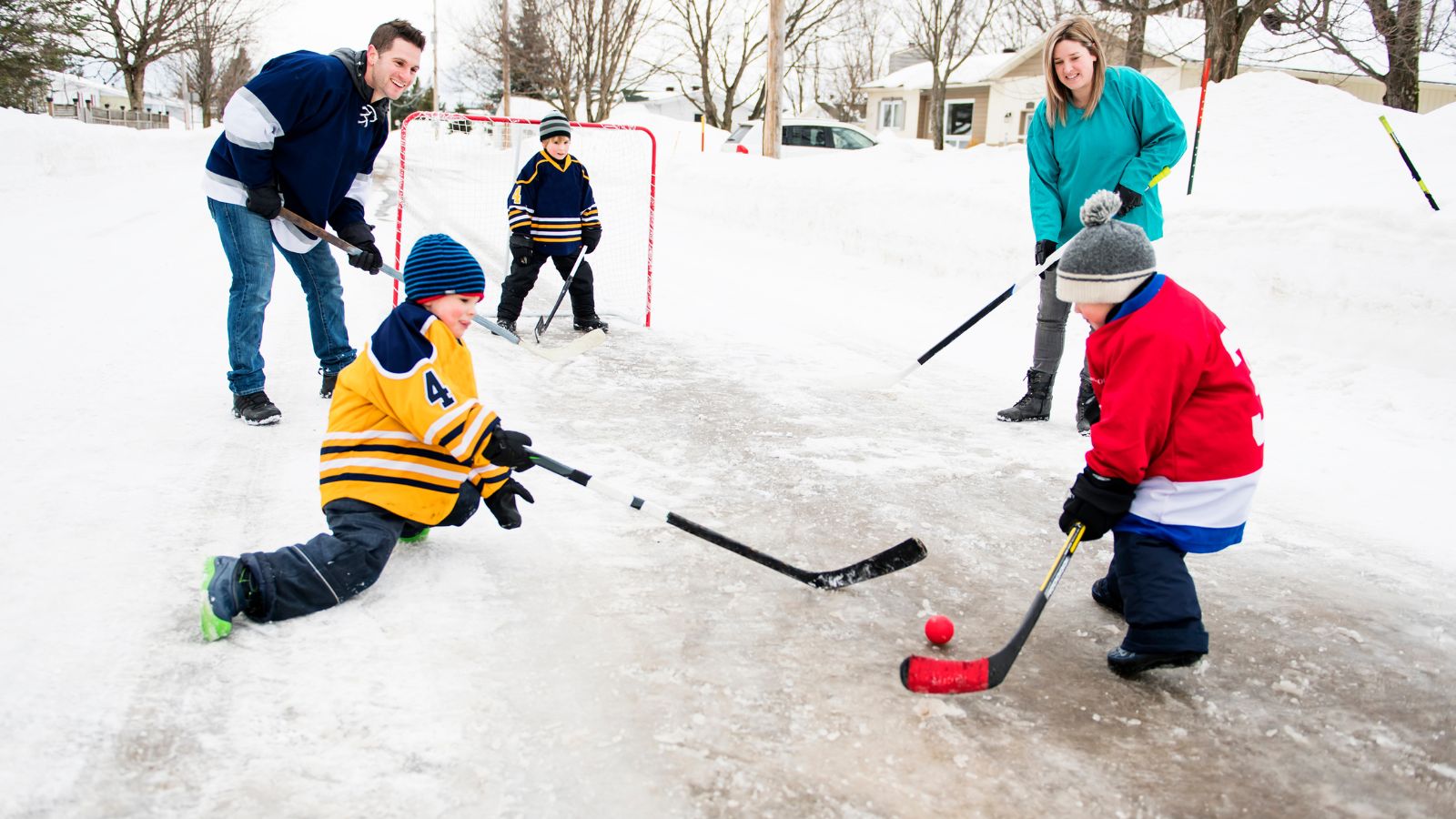
While hockey is practically a religion in Canada, some municipalities ban playing it on public streets. Cities like Calgary and Ottawa have rules against blocking traffic or leaving nets on the road. The intention is safety, but locals argue it kills the community spirit. Parents occasionally protest when kids are fined or warned. Americans find it almost sacrilegious to ban street play in the country that invented the game. For many Canadians, it’s the most ironic law of all, illegal hockey in the land of hockey.
Don’t Move Firewood Across Provincial Lines

It’s illegal to transport firewood between provinces without inspection. The law prevents the spread of invasive insects like the emerald ash borer. Penalties can reach thousands of dollars. While the reasoning is scientific, tourists often find it bizarre; after all, it’s just wood. Americans, used to road-tripping with camping supplies, rarely think twice about such restrictions. Yet in Canada, even a trunk full of logs can trigger an environmental fine. It’s one of those rare cases where being eco-friendly means thinking twice before packing kindling.
21 Products Canadians Should Stockpile Before Tariffs Hit

If trade tensions escalate between Canada and the U.S., everyday essentials can suddenly disappear or skyrocket in price. Products like pantry basics and tech must-haves that depend on are deeply tied to cross-border supply chains and are likely to face various kinds of disruptions
21 Products Canadians Should Stockpile Before Tariffs Hit
